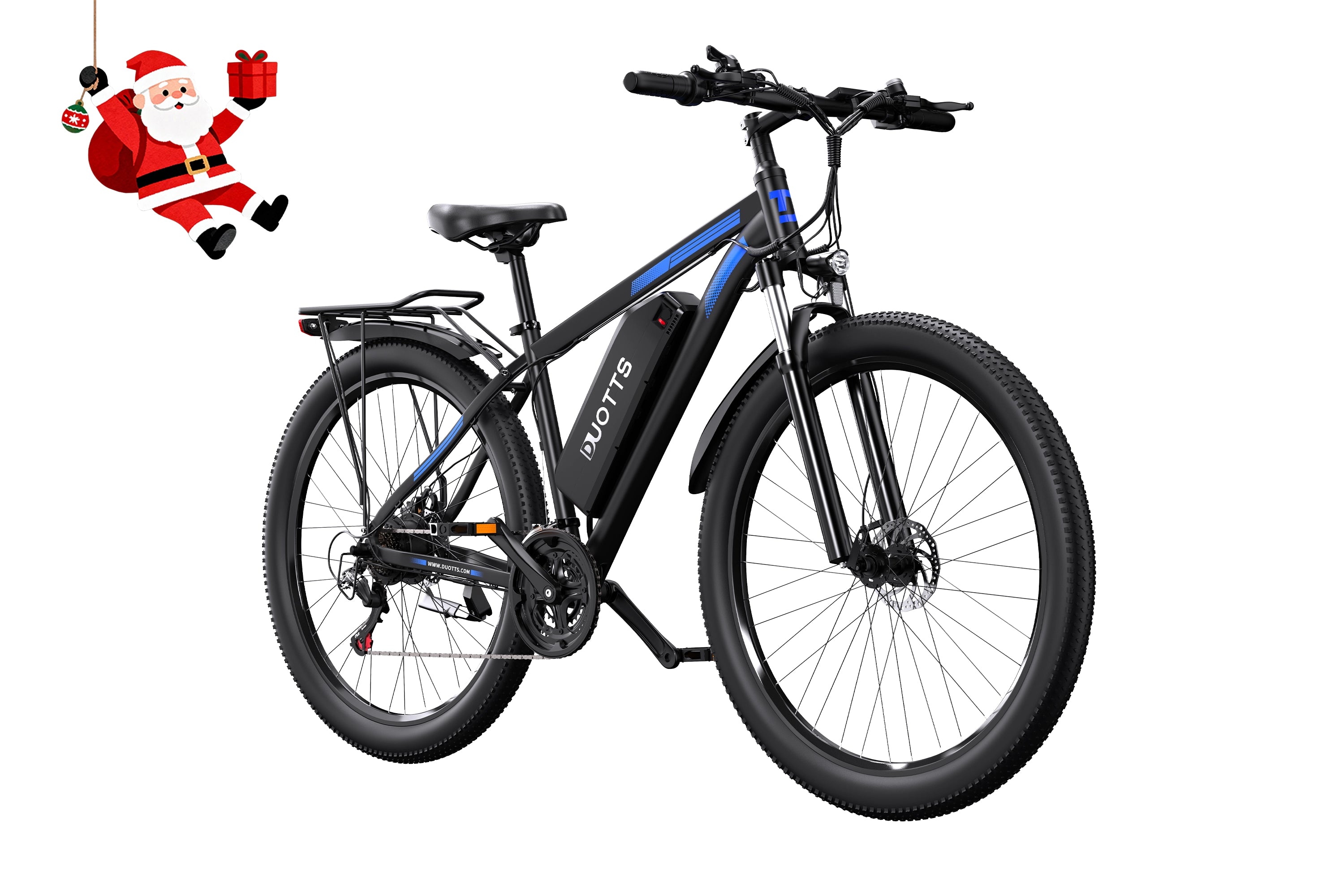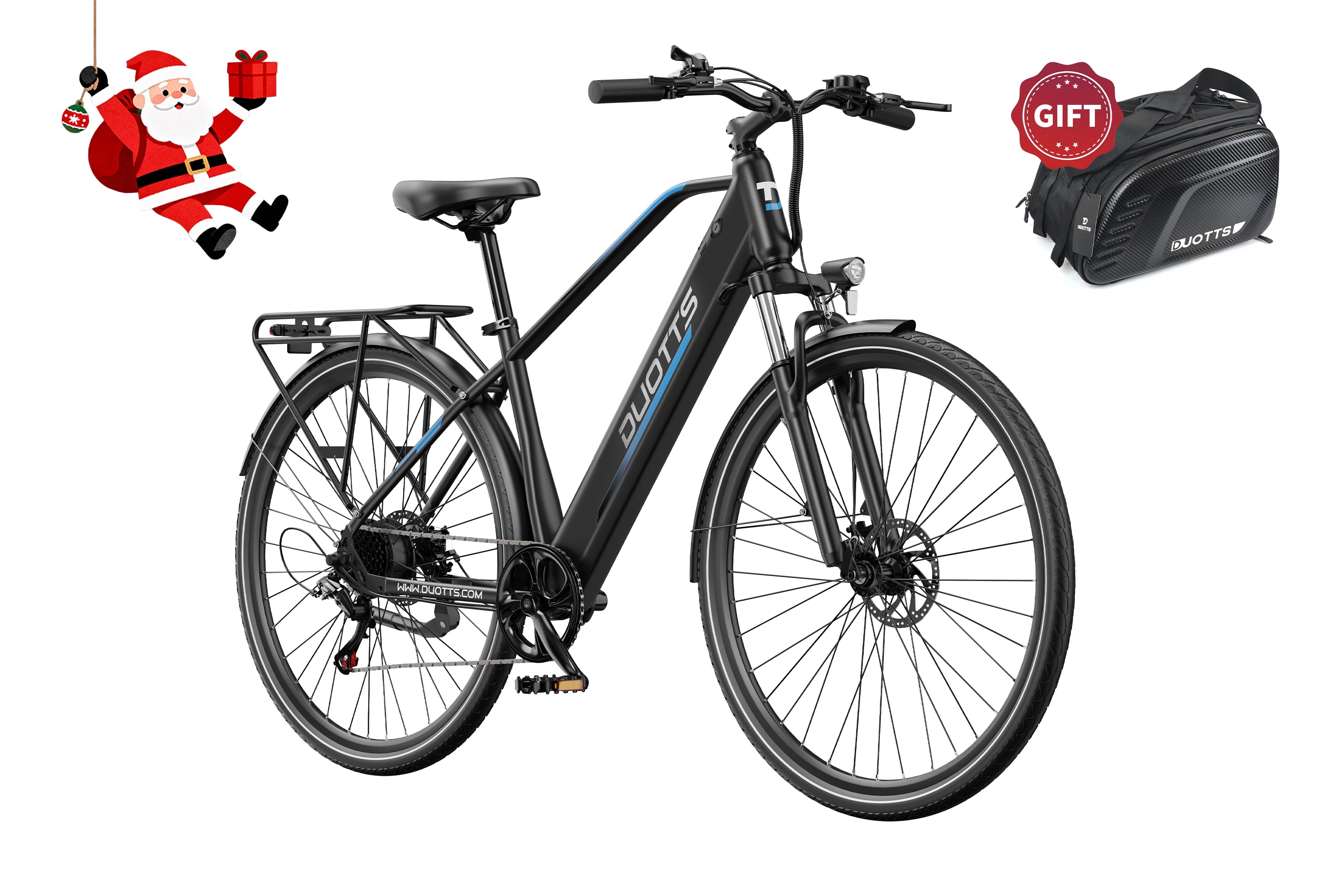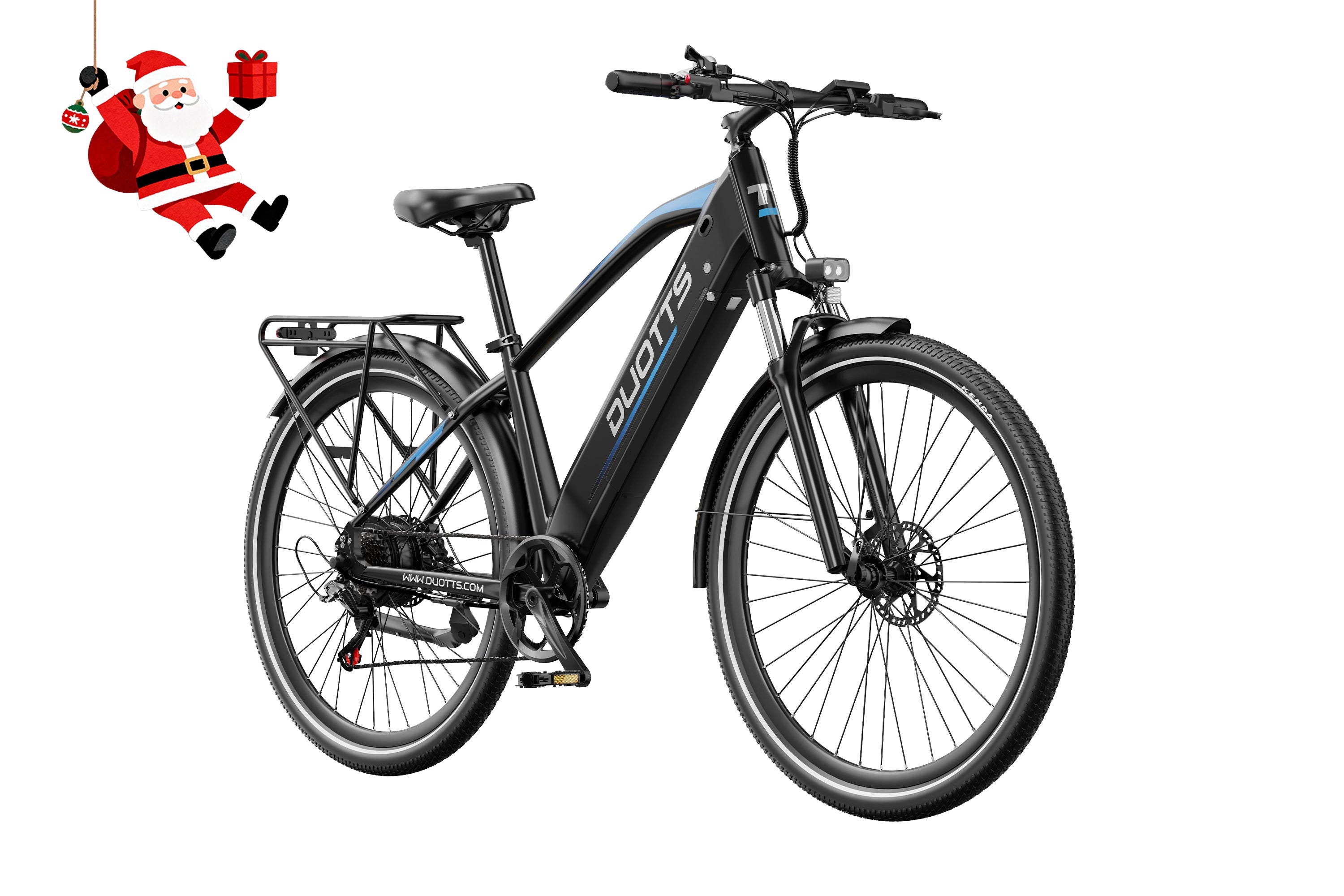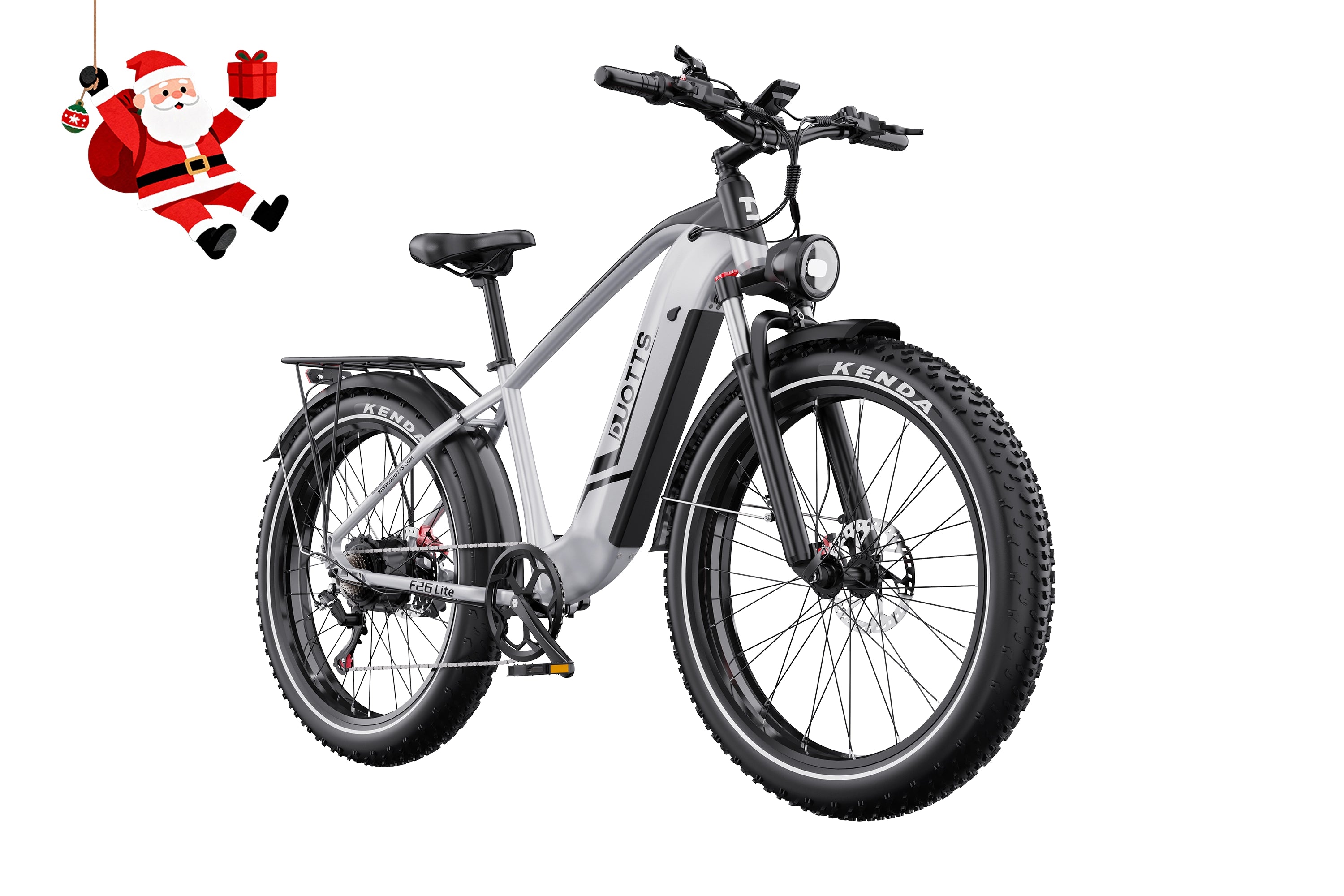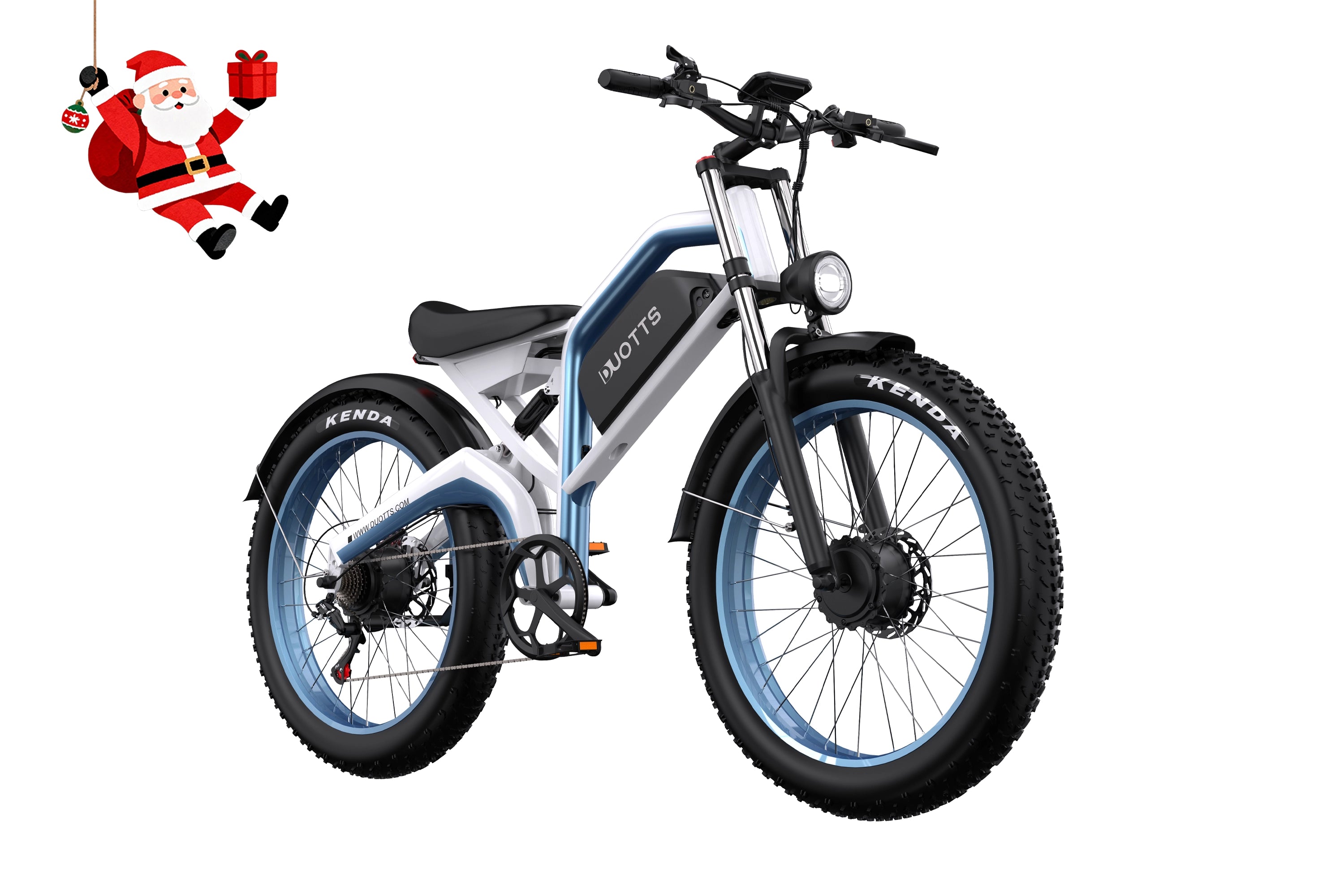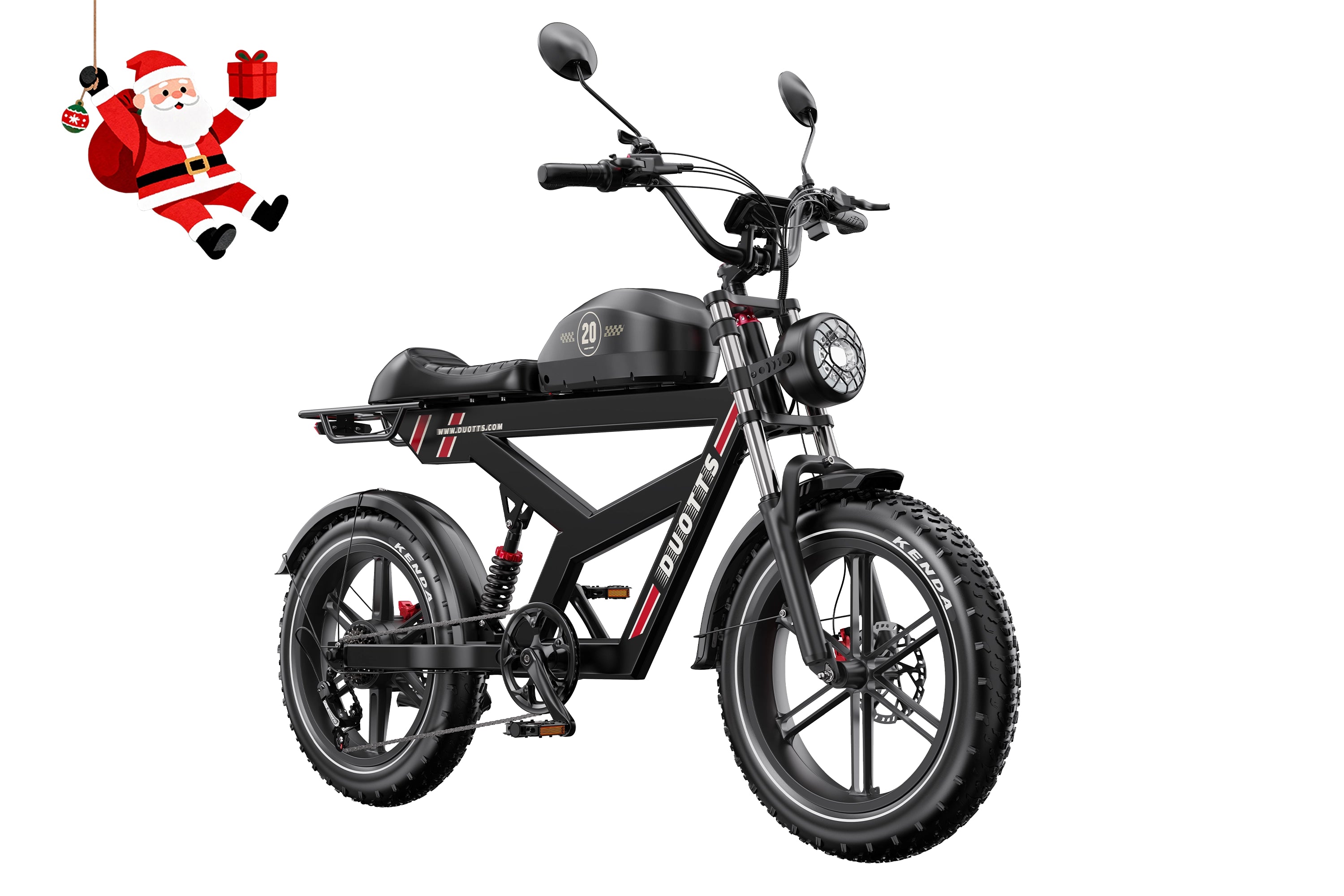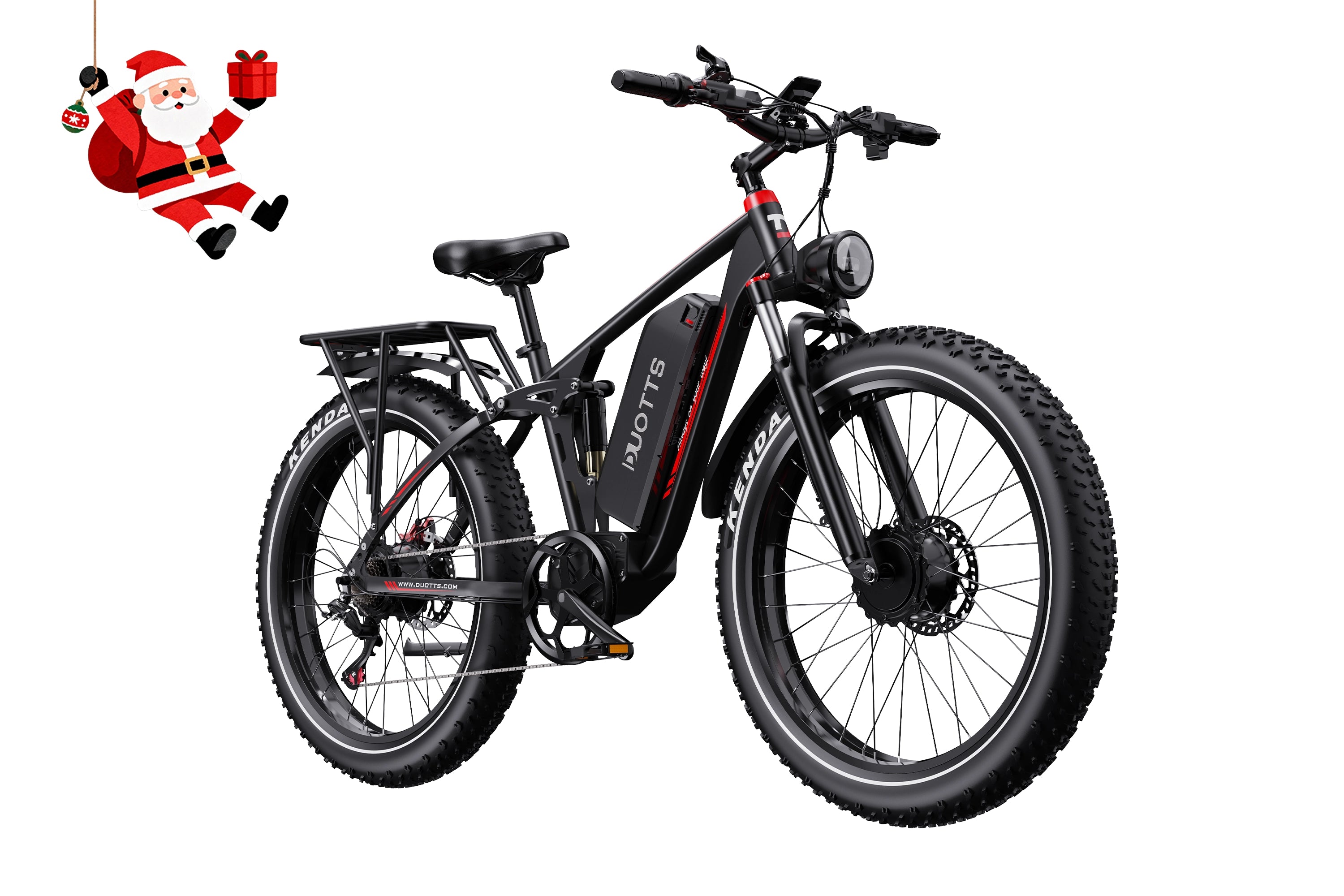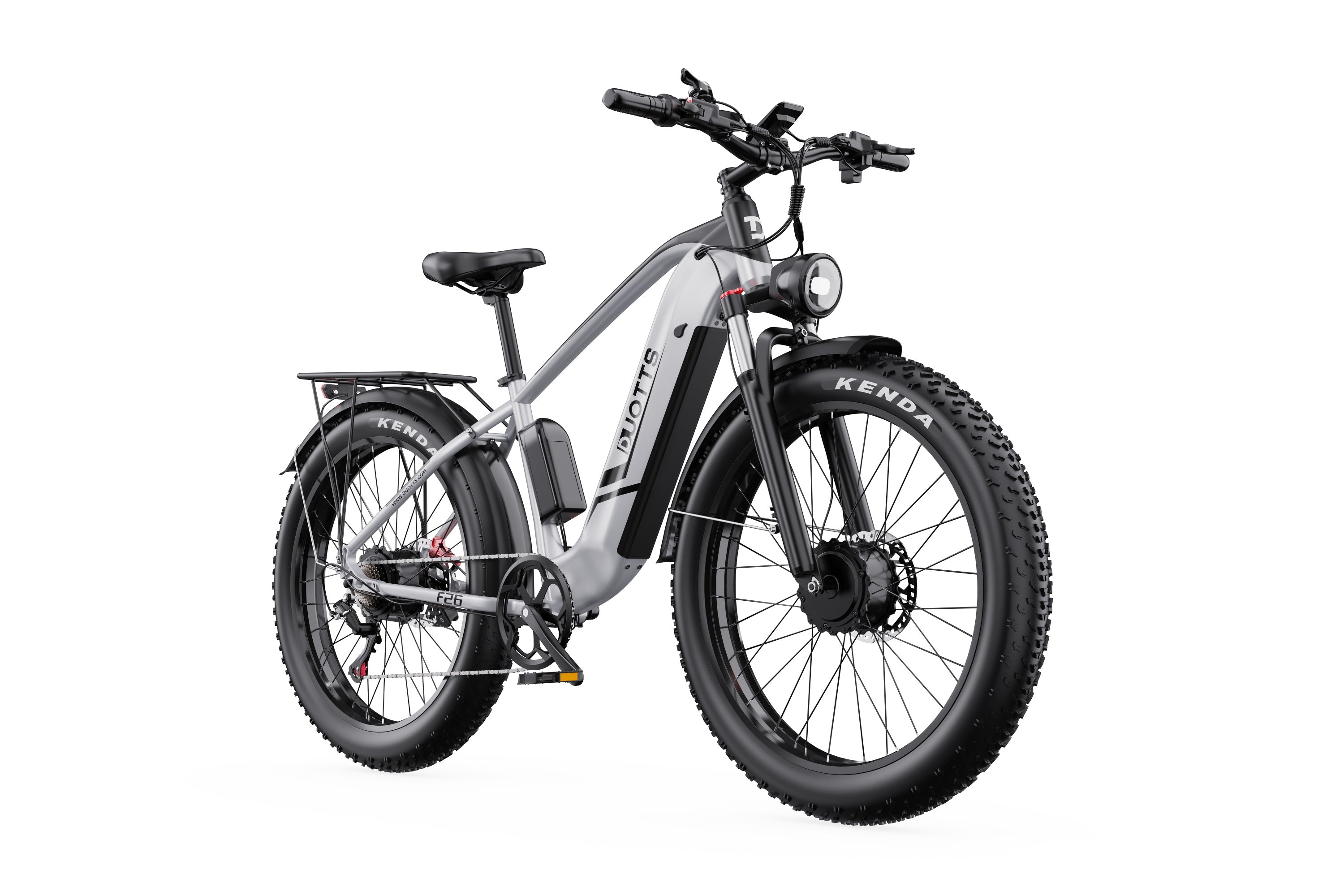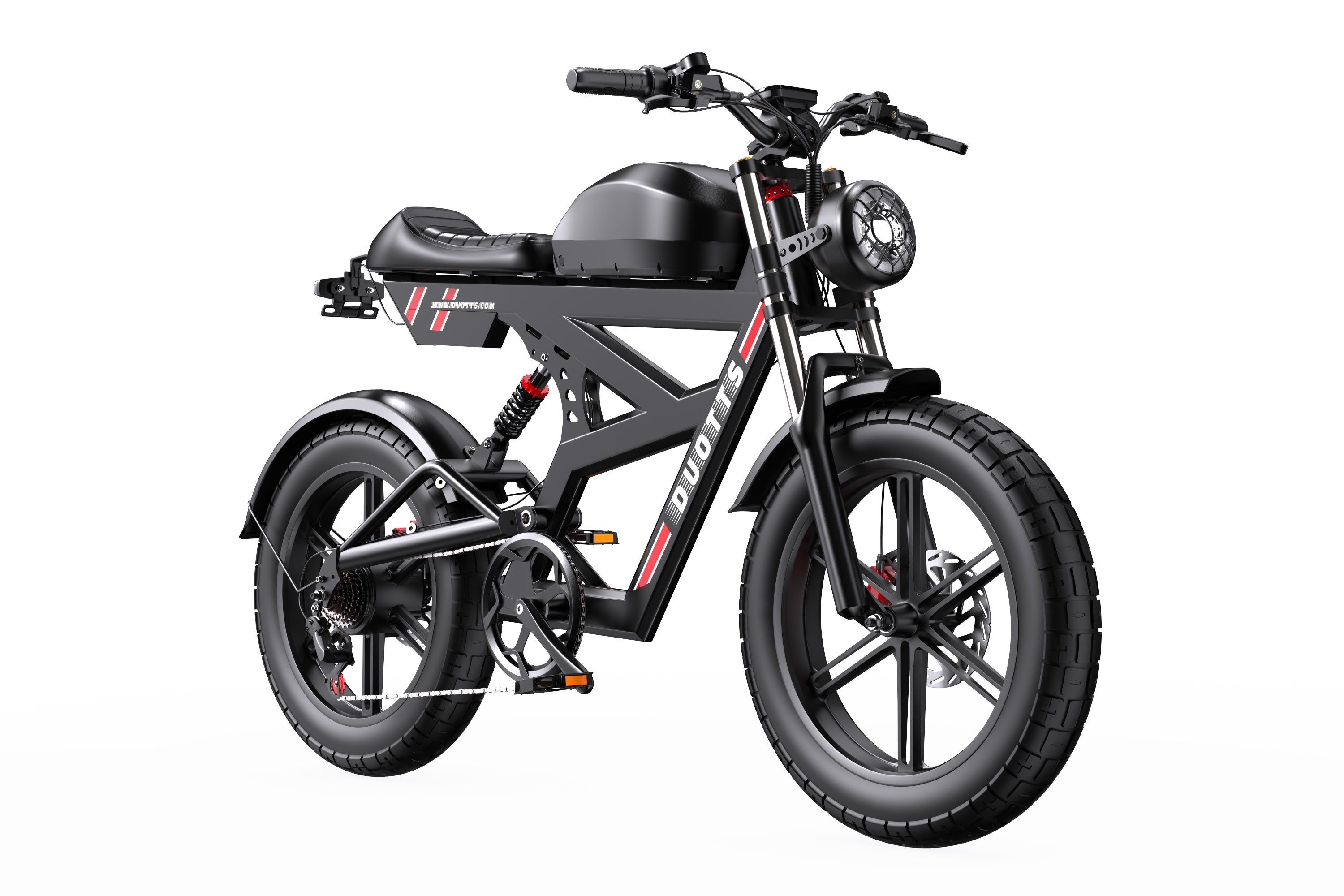SUSTAINABILITY

Reducing Carbon Emissions: Embrace Sustainable Mobility
Electric assistance bikes are a greener choice compared to traditional vehicles, producing lower carbon emissions, especially when powered by renewable energy sources. By shifting to electric-powered bikes, we reduce greenhouse gases, particularly in urban environments, and play a vital role in combating climate change. Choosing Duotts electric bikes moves us toward a more sustainable and eco-friendly future.

High Energy Efficiency: More Miles with Less Power
Electric assistance bikes deliver superior energy efficiency compared to cars and motorcycles, consuming less power while covering greater distances. This makes electric-powered bikes a cost-effective and eco-friendly transportation choice, helping you reduce energy waste and your carbon footprint—all while enjoying a smoother, greener ride.

Reduce Traffic Congestion: A Smarter Way to Navigate the City
Electric assistance bikes are compact, agile, and perfect for navigating crowded streets, providing a smart solution to urban traffic congestion. By reducing reliance on private cars, electric urban bikes ease traffic flow and improve travel efficiency. With our electric-powered bikes, cities can enjoy smoother commutes, less congestion, and a better quality of life.

Eco-Friendly Production & Longevity of Ebike
Electric assistance bikes use fewer materials and less energy to produce than fuel-powered vehicles, significantly reducing resource consumption. With their durability and low maintenance needs, electric-powered bikes minimize waste over time. Choosing electric assistance bikes supports a more sustainable and resource-efficient future.
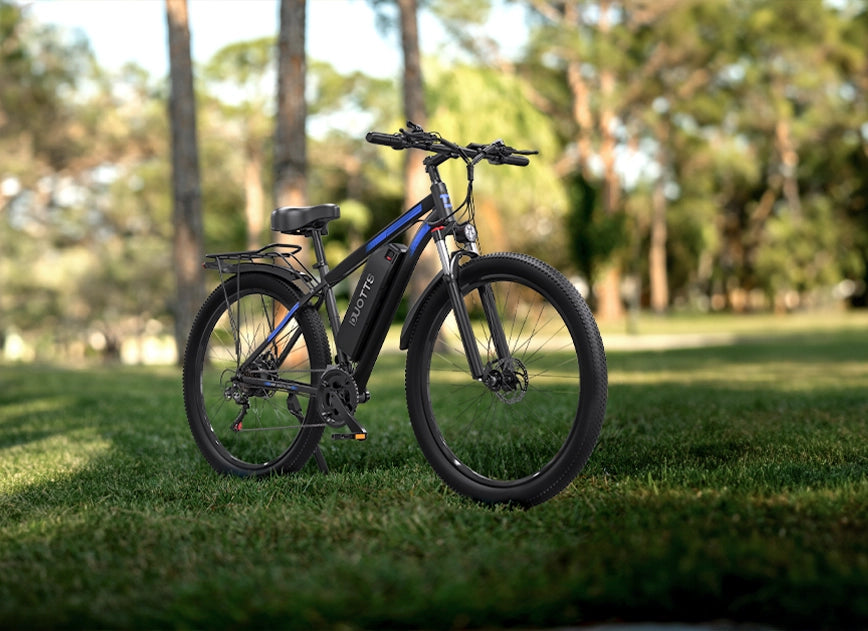
Healthy & Green Lifestyle: E-Bikes for Sustainability
Electric-powered bikes inspire an active lifestyle, making cycling accessible to more people. With hybrid modes that combine human effort and electric assistance, our electric assistance bike provides exercise with less strain. By reducing reliance on energy-intensive transport, electric assistance bikes support personal health and a greener, sustainable future.


